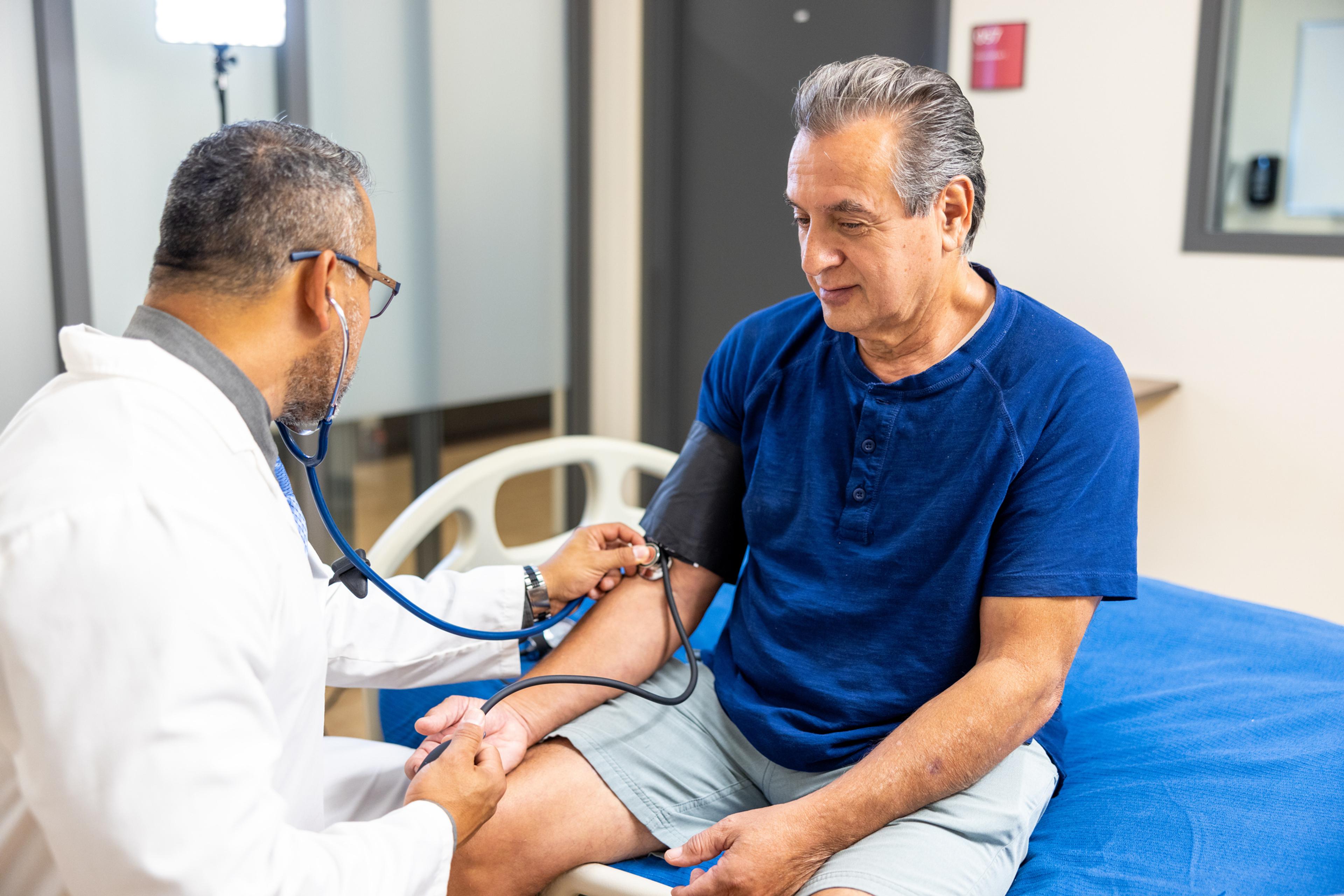How to Prepare for a Blood Test
Amy Barczy
| 3 min read
Amy Barczy is a former brand journalist who authored...

Blood tests are a type of test performed in a laboratory and are often used by health care providers to get more information about your health. They can be used as a regular part of your annual physical to monitor your health to make sure your major organs are functioning as they should. They can also be used to help screen for or to diagnose diseases or conditions.
There are several types of blood tests. If your health care provider orders a blood test, there are several key things to discuss with them first:
- Tell the provider about any medications, vitamins or supplements that you take
- Ask if there are any special instructions about how to prepare for the blood test
Common blood tests that require fasting
Some common blood tests require you to fast – or not eat or drink – before you have your blood drawn. Here are some of the types of blood tests that often require fasting:
- Blood glucose test
- Cholesterol levels test
- Triglycerides test
- Calcitonin test
Follow your health care provider’s instructions for how to prepare for these blood draws carefully. If you are required to fast for eight or more hours, consider beginning your fast the night before the test so you can do the blood draw first thing in the morning.
How to prepare for the blood draw
The day before the blood draw, be sure to review any instructions that the health care provider gave you to make sure you are following their instructions, especially if they want you to fast.
The day of your blood draw, here are some tips to help you be prepared:
- Drink plenty of water to make sure your body is hydrated, which will make a blood draw easier.
- Continue to take medication as prescribed, unless your doctor gives you other instructions. Make sure to discuss your medications in advance with your doctor.
- If fasting is not required for your blood test, eat a balanced meal or small snack beforehand.
- Wear clothing like a short-sleeved shirt or loose top that will allow the health care professional to easily access the veins in your arm.
- If you were required to fast before your blood draw, bring a light snack and a bottle of water with you to eat after the procedure to help prevent nausea and lightheadedness.
A trained health care professional called a phlebotomist will be performing the blood draw. When you arrive at the lab for your blood test, here are some tips:
- Allow for extra time in case there is paperwork you need to complete.
- If you didn’t follow the preparation instructions exactly, be honest and tell the phlebotomist right away.
- Discuss any medications or allergies with your phlebotomist, especially if you take blood thinners or have a latex allergy.
- Consider warming the area of your arm with a small heating pad, a warm compress or warm layers of clothing to increase blood flow to the area, which will make it easier to identify a vein.
Managing anxiety over blood draws
For some people, blood draws can be stressful or bring on unwanted anxious thoughts. Talk with your health care provider about your feelings and they may be able to recommend ways to make the experience less stressful for you.
Here are some general tips to navigate anxiety over bloodwork:
- Bring a family member or friend to the lab to distract you with conversation.
- Listen to quiet music on headphones.
- Look away when the blood draw is occurring.
- Take deep breaths, and keep your focus on your breathing patterns.
- Tell the phlebotomist that you’re nervous, uncomfortable or anxious about the procedure. They are professionals and have been trained to handle the situation.
Blood draws are short and often only take a few minutes. They can offer both health care providers and you a wealth of information to help guide any needed treatments or next steps to live your healthiest life possible.





